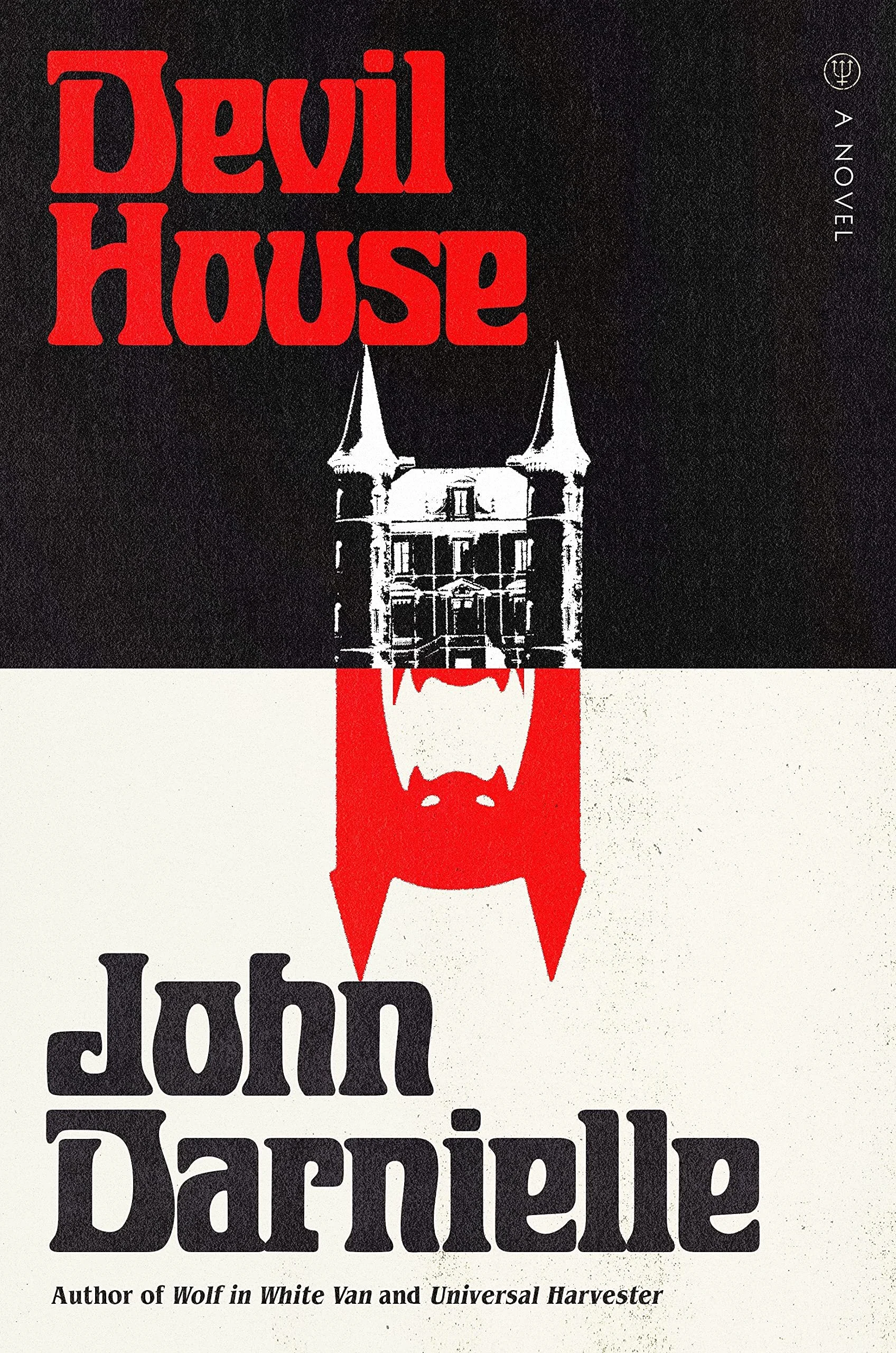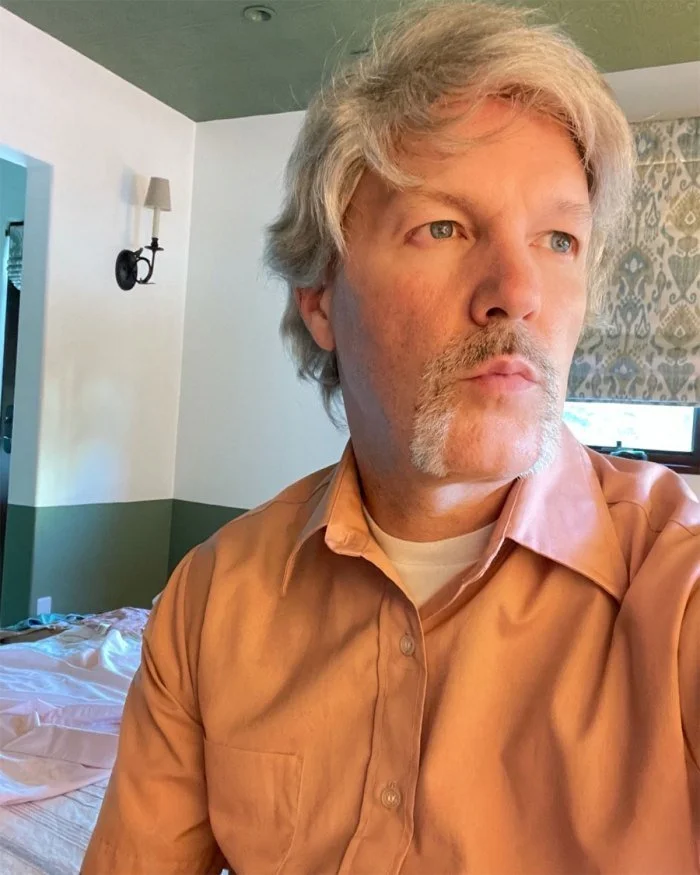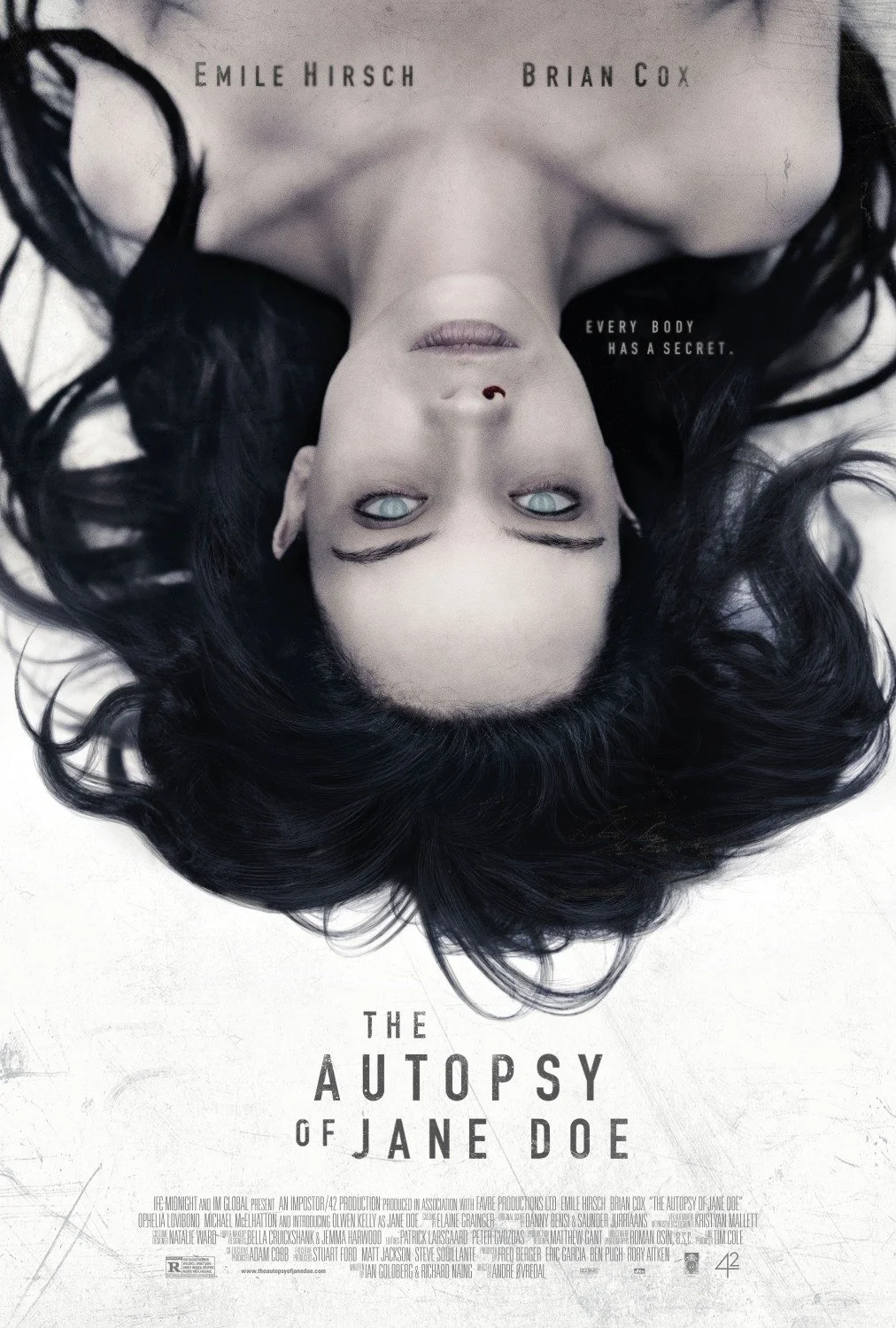Book Review : John Darnielle - Devil House (2022)
The old saying that you shouldn't judge book by its cover is imprecise at best. You can totally do it and result may vary. Some of the best books have the most straightforward covers and some of the best books can’t possibly be boiled down to a single image. This conundrum perhaps can't be better exemplified than by John Darnielle's third novel Devil House, which is not what it presents itself to be. I really like books that do this usually, but I don't know what this one in particular is trying to say.
Devil House tells the story of Gage Chandler, a successful true crime writer with latent mommy issues who decides to move into a murder house for his next project. I know what you're thinking, but it doesn't go down that road at all. While doing his background research on the project, Chandler meets different characters and confronts the twisted history of the titular devil house, but the house will also check out what he's made of as a person and a writer. That’s that best way I can put it without spoiling anything.
This is not a horror novel
I repeat: this is not a horror novel. I don't know if this is a spoiler, but it was in the horror section at my local book store and I feel like this is borderline misrepresentation. Devil House is only metaphorically haunted, which is cool in theory. I love novels that turn old ideas on their heads to create something new. The best way I could describe it is that it's a literary novel about American mythmaking. Given that John Darnielle is the frontman of a popular indie folk rock band, it shouldn't surprise anybody.
Devil House is a metafictional deconstruction of contemporary American myths. I'm aware this description is thoroughly unsexy to 99% of the people reading this, but it doesn't make my description false. The deeper Gage Chandler gets into his research, the more self-evident it gets : the truth about our myths is disjointed. The dots don't always connect. It doesn't always makes sense. If our myths become larger than life, it's because we make assumptions that make them so, based on unrelated factors.
It is undoubtedly smart and also meant to be heartbreaking, but Devil House never really amounts to more than the sum of its parts. You’ll excuse me the platitude, but John Darnielle is undoubtedly a stylist and an atmospheric writer and not a great storyteller at all. There are two stories in Devil House: the one about the house and the one about Gage Chandler himself and they mesh together only clumsily. It was probably by design given the metafictional nature of the novel, but it felt arbitrary and trite.
American Myth 101
That said, if you ignore the last part of Devil House that felt like a rushed and uninspired conclusion, I believe it has a lot of redeeming qualities. It's not a bad novel. It has something to say about our world, but John Darnielle kind of loses faith in the way he says it ninety percent into it. I love the idea of Devil House and how it delivers itself up to a certain point. The sheer normalcy of the kids involved in the making of a monstrous myth understood as "truth" was moving. They were victims of our need for excitement.
We're hardwired to tell ourselves stories to make sense of the world. Just because these stories are based on facts, it doesn’t mean that these facts correlate with one another. I like to say that truth is a philosophical construct. There's only facts and how we interpret them and two concurrent interpretations can both be correct. I feel like this is really what Devil House is about. The absence of fundamental truth and the mythmaking that derives from that absence. The way it unpacks this idea is just not quite convincing.
*
Is Devil House worth reading? This is a more difficult question to answer than it seems. I would say tentatively yes? Its heart is in the right place, but in dramatic and narrative terms it lacks a little fortitude. I understand that John Darnielle aimed to put his readers through the same process than his protagonist throughout the novel, but he could've been dramatically more agressive with it, because at some point it feels like a joke that's being place at your expense. File this one under "mild disappointment".






